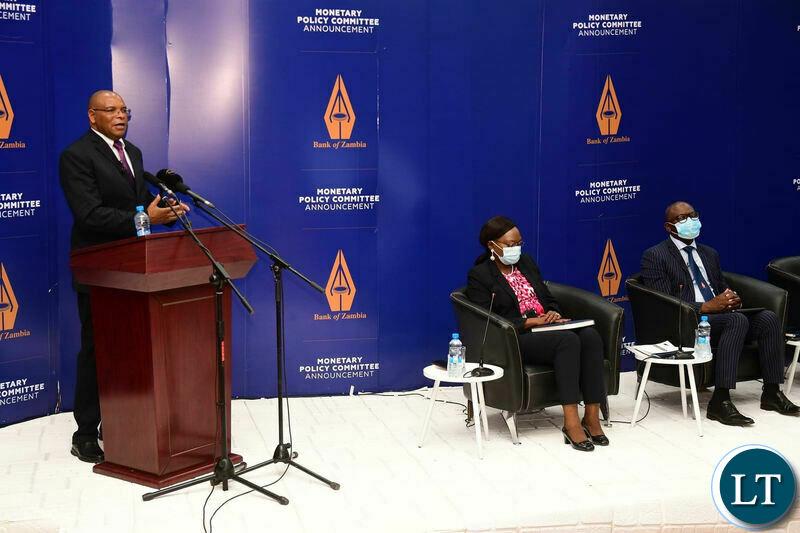Africa-Press – Zambia. President Hakainde Hichilema and his economic tag team at the Ministry of Finance are being criticized for their handling of the exchange rate of the Kwacha against major convertible currencies, especially the US dollar. The PeP President, Sean Tembo, has weighed in on the issue, accusing the government of causing instability in key economic variables, thereby hindering the attainment of sustainable economic growth.
In a post on his Facebook page, Tembo highlighted the importance of stable economic variables in achieving economic growth. “Out of all the parameters that are needed for an economy to grow, the most important is that economic variables must be stable. These economic variables include the exchange rate of the local currency to other major convertible currencies, the price of key factors of production such as fuel and electricity, etcetera. For as long as there is instability in key economic variables, you can forget about achieving any sustainable economic growth. That is a well-established fact of economics which every decent economic manager the world over knows, apart from President Hakainde Hichilema and his economic tag team,” said Tembo.
According to Tembo, the rapid appreciation or depreciation of the Kwacha against major convertible currencies such as the US dollar is detrimental to economic stability. “For purposes of economic stability, a currency must not rapidly appreciate or depreciate. Otherwise, it causes uncertainty to economic entities and forces them to postpone the making of certain economic decisions. An economy like ours here in Zambia is made up of millions of economic entities. What allows an economy to grow is the ability of economic entities to make economic decisions,” he added.
Tembo also highlighted the negative consequences of instability in economic variables. “If Mrs. Bwalya had planned to buy a car from South Africa this month-end, but due to the rapid depreciation of the Kwacha, she is forced to postpone her purchase, it means that the car dealer has lost out on a potential profit, the government has lost out on revenue from customs compliance procedures at the border and registering the car at RTSA, an insurance company has lost out on potential premiums, a filling station has lost out on potential profits that would have accrued by selling fuel to Mrs. Bwalya, the bank has lost out on potential bank charges that would have accrued when Mrs. Bwalya made the payment for her car, and so on and so forth,” he explained.
Tembo further pointed out that instability in economic variables has ripple effects on the entire economy, leading to a reduction in demand for goods and services, loss of jobs, and ultimately hindering economic growth. “When the economy is stagnant, it means even Mrs. Phiri who sells beans and kapenta at Chaisa market will suffer because there will be less demand for her products as the general population will have reduced purchasing power. Hence the general saying; ‘buzinesi yavuta masiku yano’. But not only that, when the economy is stagnant, even Mr. Mukelebai who had a job as a security guard may be laid off because the owner of the lodge where his company was guarding has decided to reduce the number of guards from 5 to 3, in order to cut costs due to a generally poor business environment. All these economic consequences are ripple effects of the instability in economic variables such as the exchange rate,” he said.
Tembo also criticized the government’s decision to pump US$1.3 billion to support the exchange rate, which led to a rapid appreciation of the Kwacha against the US dollar. The Deputy Governor of the Bank of Zambia, Dr. Francis Chipimo, revealed that the Central Bank had pumped in the money to support the exchange rate. Tembo criticized the move, arguing that the government could have just maintained the exchange rate at about K21.00, where they found it, to ensure stability and preserve the country’s forex reserves.
“Why did the government decide to spend so much of our forex reserves to achieve a huge appreciation within a short period of time, ” he asked.
In conclusion, Mr. Tembo advised the government to prioritize economic stability and urged President Hichilema and his economic team to revise their economic policies to ensure sustainable economic growth.
For More News And Analysis About Zambia Follow Africa-Press







